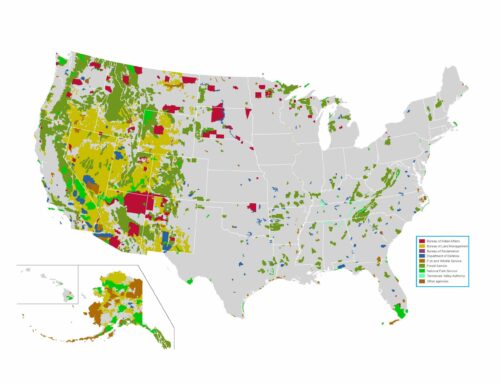by Greg Walcher, E&E Legal Senior Policy Fellow
As appearing in the Daily Sentinel
When we have to do something unpleasant, the common expression is “bite the bullet.” The phrase originated on Civil War battlefields when amputations often had to be done without anesthetics. To distract the patient from excruciating pain, he would be given a lead bullet to bite down on. Sticks or leather were common, too, but bullets were preferred because they were plentiful, and because lead’s malleability prevented breaking patients’ teeth.
Some medical experts might be suggesting we return to that 19th century torture, by drastically reducing the modern use of anesthesia during many surgeries. Why would any educated person suggest such a thing, you might wonder? Apparently, the gases used in anesthesia contribute to climate change, a far greater threat to mankind than the pain of surgeries.
Dr. Mohamed Fayed, a senior anesthesiologist at Detroit’s Henry Ford Hospital, explained a new study on the matter to the American Society of Anesthesiologists’ annual conference in Orlando, Florida. “Global warming is affecting our daily life more and more, and the reduction of greenhouse gas emissions has become crucial,” he said. He lectured, “As anesthesiologists, we can contribute significantly to this cause by making little changes in our daily practice — such as lowering the flow of anesthetic gas — without affecting patient care.” Of course, no patient who has undergone surgery without anesthetics was invited to speak about whether such a decision might “affect patient care.”
Few of us would have a guessed that anesthesia would be the next target of climate activists, but Dr. Fayed pointed out, citing a 2010 study, “One hour of surgical anesthesia is equivalent to driving as many as 470 miles” in terms of greenhouse gas emissions. We all know the evils of driving our cars nowadays, so it certainly must reassure surgery patients to know they’re helping save the planet with a bit of temporary pain.






